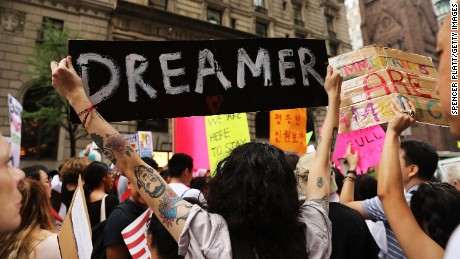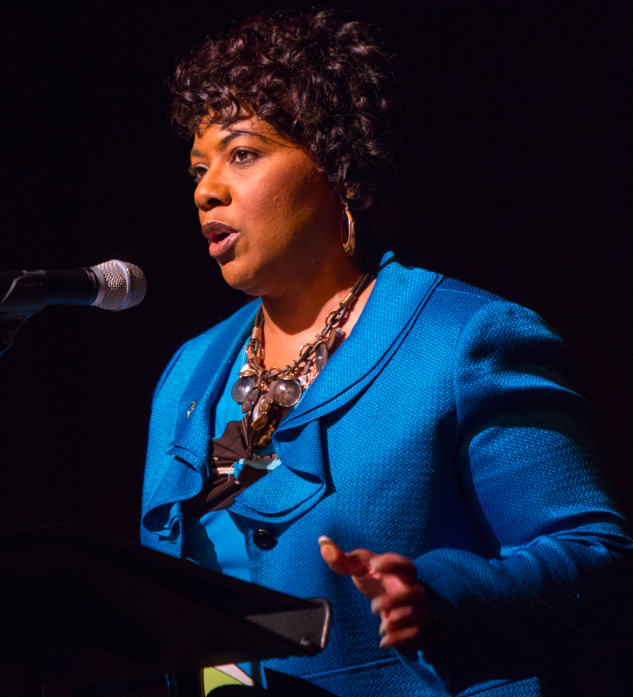By Arielle Esteban
Contributing Writer
On Sunday, September 3, Pope Francis officially bestowed the title of sainthood to Mother Teresa at her canonization in St. Peter’s Square in the Vatican City. Francis praised her for her radical dedication to helping the poor and her courage in shaming world leaders.
More than 120,000 people gathered in St. Peter’s Square to attend the canonization on Sunday morning, with a myriad of flags symbolizing the places where her work and selflessness touched many lives.
Applause broke out before Francis completed the canonization, in which he declared “Blessed Teresa of Kolkata to be a saint.”
Born Agnes Gonxhe Bojaxhiu on Aug. 26, 1910, Teresa came to India in 1929 as a sister of the Loreto order. In 1946, she discovered her calling and founded a new order dedicated to caring for the most unloved and unwanted, the “poorest of the poor” in the slums of her adopted city, Kolkata, India.
This new order was known as ‘The Missionaries of Charity’, and it went on to become one of the most well-known in the world, with more than 4,000 sisters in their trademark blue-trimmed white saris doing as Teresa instructed: “small things with great love.”
“I am so proud to be from Kolkata,” said Sanjay Sarkar to Associated Press. “Mother Teresa belonged to Kolkata, and she has been declared a saint.”
Francis then delivered a homily, where he praised her as the merciful saint who defended the lives of the unborn, sick and abandoned, and recalled her strong opposition to abortion which often put her at odds with progressives around the world.
“She bowed down before those who were spent, left to die on the side of the road, seeing in them their God-given dignity,” he said. “She made her voice heard before the powers of the world, so that they might recognize their guilt for the crimes of poverty they themselves created.”
Francis regarded Teresa as an example to volunteers and missionaries around the world, saying: “May she be your model of holiness.”
At the end of his homily, Francis admitted that some people might find it difficult to call her “St. Teresa,” since she was a maternal figure. “Spontaneously, I think we will continue to call her Mother Teresa,” he said.














